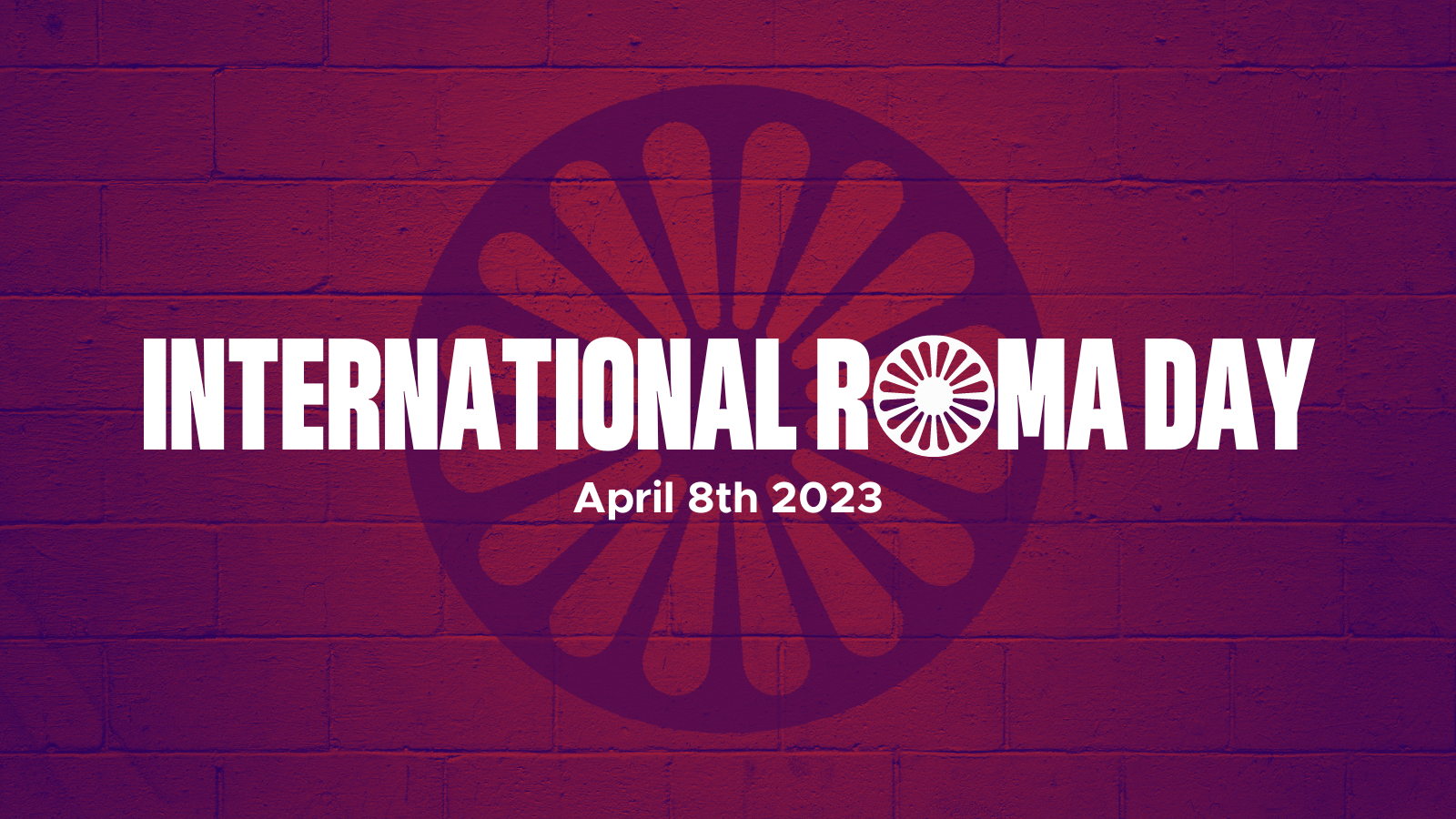
International Roma Day – April 8th 2023
Ahead of the International Roma Day on 8 April, ENAR celebrates one of Europe’s largest Ethnic minority groups and reminds of the continued widespread discrimination faced by Roma people in Europe. Structural racism against Roma, known as Antigypsyism, is a root cause of their exclusion across Europe. Tackling this remains essential to ensure the Roma can enjoy equal rights as citizens in European societies.
Most Roma in Europe experience both relative and absolute levels of poverty and social exclusion, with alarmingly high rates. In many Member States, social protection is set at inadequate levels which don’t allow for dignified lives. To remedy this, the fight against Antigypsyism must be at the forefront of social and economic efforts for the inclusion of Romani people and to ensure their participation in all domains of public life.
ENAR welcomes the recent recommendations issued by the Committee of Ministers to the governments of 46 Council of Europe member states to ensure meaningful participation and inclusion of young Roma people in all spheres of life.
Looking ahead towards Roma Week 2023 in Brussels, ENAR Director of Policy, Advocacy, and Network Development, Ojeaku Nwabuzo will be contributing to EU Roma Week CHACHIPEN Final Conference ‘History, Memory and Justice for Roma in Europe’ on 25 April 2023.
Data:
- 78% of Roma in Slovakia and 73% in the Czech Republic experience discrimination when looking for a job.
- 85% of Italian people and 66% of French people hold unfavourable views on Roma.
- 1 in 5 Roma respondents have been victims of racially motivated crimes.
Climate justice:
Roma communities face higher impacts following the climate crisis. Several Roma communities are forced to live at Pata Rât, an illegal landfill in Romania, collecting waste from all over Europe. The Roma communities living there reckon with the health impacts of it every day.
Police brutality:
In 2017, a Romani father and son were badly beaten by several police officers near their home in a village in Bulgaria. They were kicked and beaten with batons. The father died. The son survived. No police officer was charged for this murder. The son was later investigated on the allegations of having stolen pesticides.
Ukraine:
- A minimum of 400,000 Roma people lived in Ukraine before the Russian invasion and war. When fleeing, Roma have faced discrimination, institutional hostility, and negative stereotypes.
- Romani refugees face not only a lack of support but outright discrimination. The fact that much of the relief effort is provided by self-organised volunteers rather than the government means equal treatment of minorities is difficult to assert.
- Roma were chased away from reception points, where it was said they were stealing clothes to later sell. We also received information that Romany families and groups were turned away from cars and buses offering transport.



